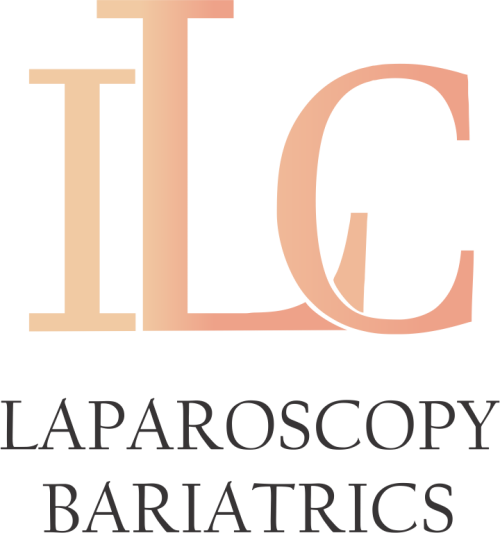Request a Callback
Pre-operative preparation for weight loss surgery is a comprehensive process designed to ensure safety of a patient during surgery and increase the possibility of long-term success after the procedure. It begins with a thorough medical evaluation, including blood tests, imaging and sometimes endoscopy, to assess overall health and to identify any condition, which requires managed before surgery, such as uncontrolled diabetes, high blood pressure, or sleep apnea. Most programs require patients to meet with a multi -disciplinary team, including a bariatric surgeon, dietist, psychological and sometimes a physical therapist. A major component of preparation is nutritional counseling, where patients learn to adopt healthy eating habits, understand part control, and often follow a pre-surreal diet-usually high in protein and to secure surgery in protein and reduce less-live in carbohydrates and secure surgery. Psychological evaluation helps assess a patient’s readiness that comes with major weight loss and lifestyle changes to deal with emotional changes. Patients are also advised to stop smoking, avoid alcohol and start mild physical activity. In many cases, weight loss is encouraged before surgery or is necessary to reduce surgical risks. Apparent instructions are given about drug adjustment, fasting before surgery, and what is expected on the day of the procedure. This structured preparation not only reduces risks during and after surgery, but also equips patients with the equipment required for permanent behavior changes and success of weight loss.

Before beginning any surgical operation, the patient often gives the bariatric surgeon a complete and detailed medical history. Prior to surgery, a morbidly obese person’s linked health conditions like diabetes, hypertension, sleep apnea, hormonal imbalances, infertility, etc. should be optimised. After speaking with the appropriate specialised doctors and reviewing the present medicine, this is done. In addition to the patient’s medical issues, the doctor must comprehend the patient’s nutrition and lifestyle in order to guide the patient in selecting the best course of action. The surgical treatment that is most appropriate for a given patient will be determined by a variety of additional characteristics, such as age, gender, motivation, level of physical activity, capacity to adhere to dietary supplements, and long-term follow-up.
Request a Callback
Patients who are very obese may have underlying psychological issues that make them more prone to binge eating. Anxiety or a depressive disorder are frequently the underlying cause. Bariatric surgery is not necessarily contraindicated by this on its own, but the same should be investigated and handled properly. Additionally, these individuals frequently experience social prejudice and have low self-esteem. Before making this choice, they should have reasonable expectations for the procedure and be aware of all the dangers and potential long-term effects.
Investigations
Before the surgery, a series of tests are recommended to make sure there are no latent diseases present. These consist of:
The Amazing Steps of our Treatment
1
Book your Appointment
2
In Person Counselling
3
Weekly Followup

Get in Touch
Give Your Loved Ones Quality Care You Can Trust

Dr. Achal Agrawal is a consultant gastrointestinal, laparoscopic, and bariatric surgeon in Indore.
Quick Link
get in touch
Copyright © 2024. All Rights Reserved.